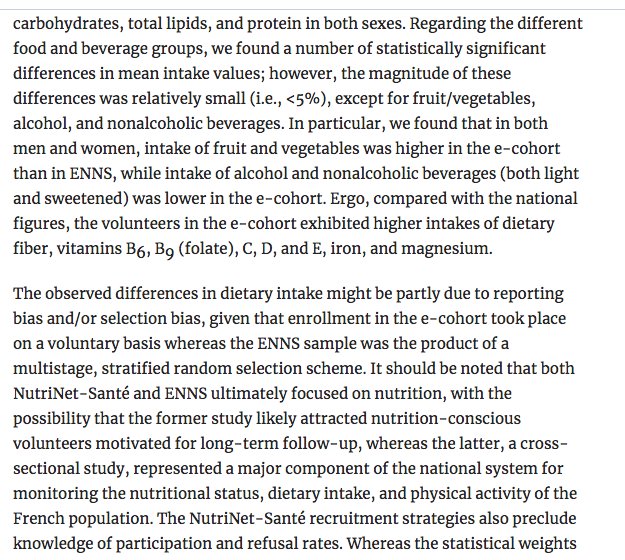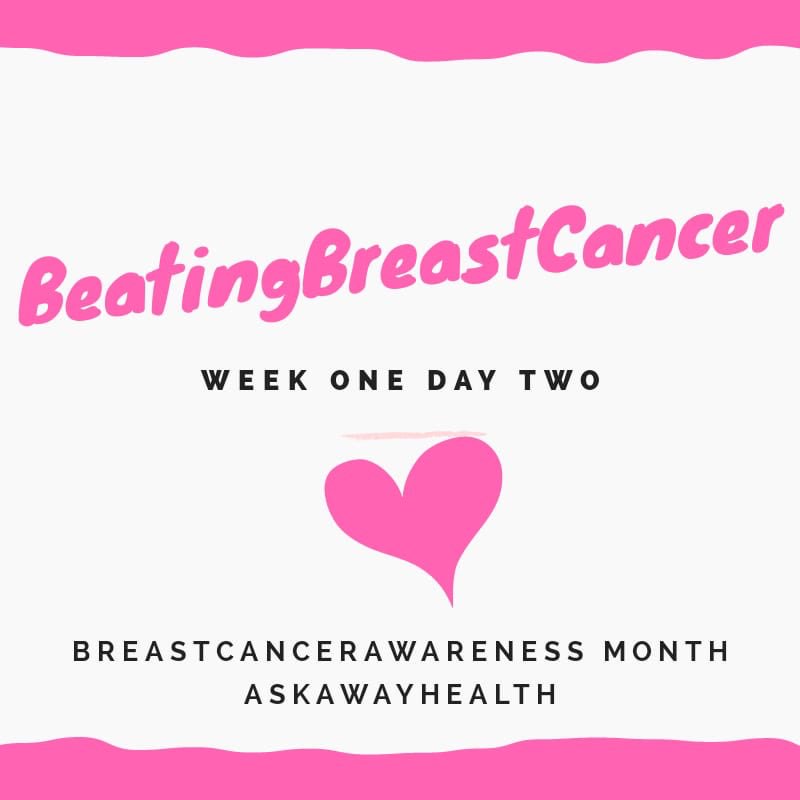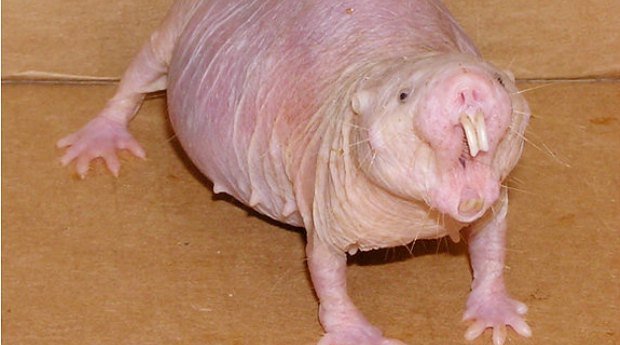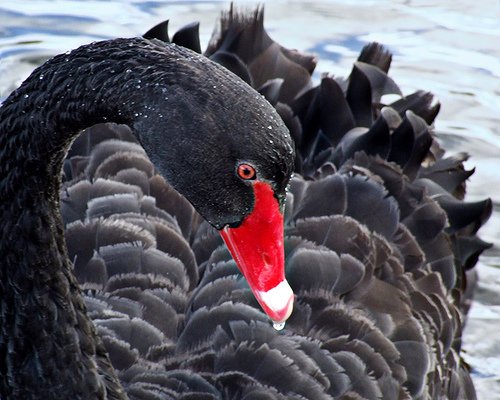
Conflict of Interest Disclosures: Dr. Lairon (one of the four people responsible for the study's "concept and design" works (without honoraria or personal funding) for two nonprofits devoted to promoting organic food. Not a huge conflict--
In fairness, that's asking the impossible.

Same group of women may be more likely to eat soy or other phytoestrogens to alleviate these symptoms because they're "natural."
I'm not really faulting the researchers. Epidemiological research of this kind--
(Notice something weird about that, by the way? Class? Anyone?)
To be continued ...
I object to this research because it's always followed by the words, "more research is needed." Meaning: Keep that funding spigot on!
ncbi.nlm.nih.gov/pmc/articles/P…
As fast as possible? Because for some of us, time's running out.







